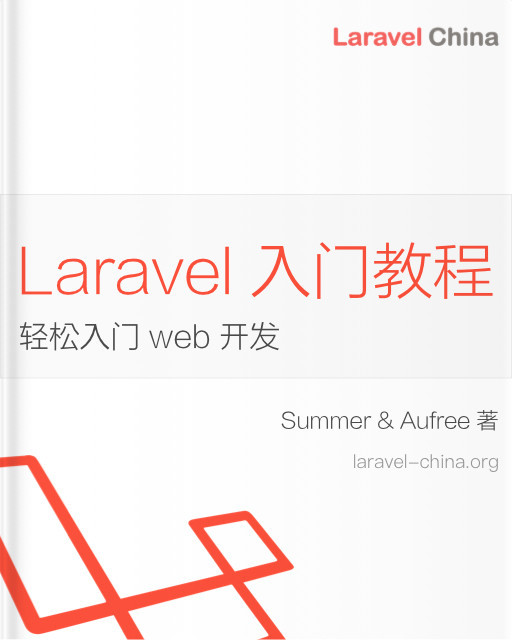属性锁
Livewire properties are able to be modified freely on both the frontend and backend using utilities like wire:model. If you want to prevent a property — like a model ID — from being modified on the frontend, you can use Livewire’s #[Locked] attribute.
Basic usage
Below is a ShowPost component that stores a Post model’s ID as a public property named $id. To keep this property from being modified by a curious or malicious user, you can add the #[Locked] attribute to the property:
use Livewire\Attributes\Locked;
use Livewire\Component;
class ShowPost extends Component
{
#[Locked] // [tl! highlight]
public $id;
public function mount($postId)
{
$this->id = $postId;
}
// ...
}By adding the #[Locked] attribute, you are ensured that the $id property will never be tampered with.
[!tip] Model properties are secure by default
If you store an Eloquent model in a public property instead of just the model’s ID, Livewire will ensure the ID isn’t tampered with, without you needing to explicitly add the#[Locked]attribute to the property. For most cases, this is a better approach than using#[Locked]:class ShowPost extends Component { public Post $post; // [tl! highlight] public function mount($postId) { $this->post = Post::find($postId); } // ... }
Why not use protected properties?
You might ask yourself: why not just use protected properties for sensitive data?
Remember, Livewire only persists public properties between network requests. For static, hard-coded data, protected properties are suitable. However, for data that is stored at runtime, you must use a public property to ensure that the data is persisted properly.
Can’t Livewire do this automatically?
In a perfect world, Livewire would lock properties by default, and only allow modifications when wire:model is used on that property.
Unfortunately, that would require Livewire to parse all of your Blade templates to understand if a property is modified by wire:model or a similar API.
Not only would that add technical and performance overhead, it would be impossible to detect if a property is mutated by something like Alpine or any other custom JavaScript.
Therefore, Livewire will continue to make public properties freely mutable by default and give developers the tools to lock them as needed.

 Livewire 中文文档
Livewire 中文文档




 关于 LearnKu
关于 LearnKu




推荐文章: